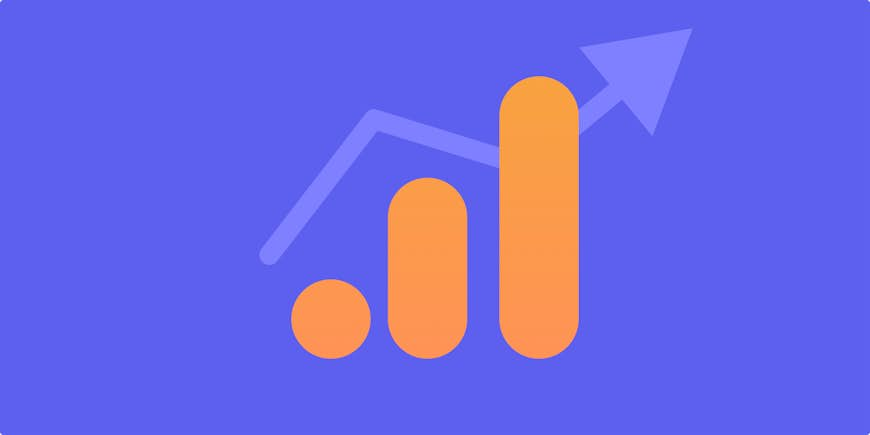
Google Analytics is the go-to platform for most anyone working in digital marketing, to measure and track site and campaign performance and to ultimately understand their customers. Up until 2020 the interface used by marketers was known as Universal Analytics. It is being superseded by Google Analytics 4 (GA4) and indeed Universal Analytics will be fully retired by 2023.
For many users of Universal Analytics, this transition to (GA4) has been painful and often put on the back burner. Reasons include the interface appearing less intuitive and difficulty in finding or creating the reports we’re used to using day to day. As a result, many digital marketers have not fully embraced GA4.
This article acts as a guide to GA4 for marketers who use Universal Analytics and is written to help show where you can find familiar reports in the new GA4 environment. So, when Google shuts down Universal Analytics, you will have the knowledge you need to hit the ground running with Google Analytics 4.
We will cover:
- What is GA4
- Why is Setting up GA4 important
- Tracking the Customer Journey
- Setting Up & Configuring GA4
- GA4 reports
- Preparing for the End of Universal Analytics
What is GA4
Google Analytics 4 known as GA4 is the latest iteration of Google Analytics and was launched in October 2020. Unlike previous versions of Google Analytics, i.e. Classic Analytics, (launched 2005) and Universal Analytics, (launched 2012), GA4 is not built to measure website visits or sessions: rather it is built to measure website and mobile app interactions, known as events.
This is important as it gives marketers deeper insights into the types of actions people take on a website, not just the visit and what pages they looked at. While events are available in Universal Analytics, they can be difficult to set up for non-technical marketers or those with limited knowledge of tools like Google Tag Manager. This meant that a lot of important page interaction data was not reported automatically in Universal Analytics. GA4 aims to address this.
Furthermore, tracking page interaction events were not the primary metric or measurement focus of older versions of Google Analytics which focused simply on visits. So GA4 puts events at the center of its tracking and this gives access to deeper understanding for all marketers, regardless of their technical capabilities.
Become an SEO Expert
Understanding SEO and knowing how to use it to improve a company’s rankings can be a challenge. Learn everything you need to know about SEO with DMI’s certified Search Engine Optimization short course. You’ll not only know the basics but understand how to create an SEO strategy, analyze and forecast data, improve website performance, and much more.
[“source=digitalmarketinginstitute”]